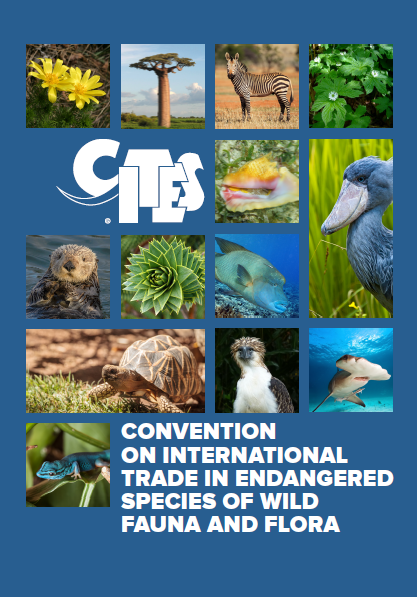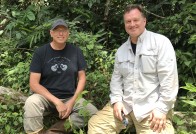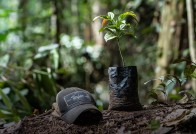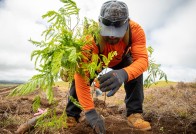Taylor Sustainability Resources
Take a moment to peruse our comprehensive list of resources, white papers, annual reports and pertinent Sustainability information found below. For a better understanding of Taylor’s efforts, visit our Projects overview. Be sure to also read more about Bob Taylor’s vision for Taylor Guitar’s sustainability program.
CITES
The Convention on International Trade of Endangered Species of Wild Fauna and Flora (CITES) is an agreement among governments put in place to ensure that the international trade of animals and plants does not threaten the survival of the species. Learn more about Taylor’s practices and policies relating to CITES.
Learn more about Taylor Guitars & CITES

The Lacey Act
The Lacey Act is another important law that Taylor Guitars must stay in compliance with. It was enacted by the U.S. Congress in 1900 to combats trafficking of illegally taken wildlife, fish, or plants making it a federal crime to poach game in one state and sell in another. The law prohibited the transportation of illegally captured or prohibited animals across state and federal lines, and also sought to addressed potential problems caused by the introduction of invasive species into native ecosystems. Over the years, the Act had been amended several times but most famously in 2008 when the Farm Bill extended the Lacey Act’s protections to a broader range of products. The principle rational behind this amendment targeted the international timber trade.
For guitar makers, who import relatively small amounts of wood from multiple regions across the world, staying updated on Lacey’s requirements is especially important. Filling out a Lacey declaration form to import wood consists of 16 fields. In order to populate these fields, Taylor needs a bill of lading, commercial invoice and packing list in order to: estimate the date of arrival; provide the entry number, the container number (if by ocean transport), the Bill of Lading from the shipping company, the manufacturer’s ID, the importer’s address, the consignee’s name and address, a description of merchandise, the harmonized tariff code number for the merchandise being imported, the value in US dollars, a brief description of each article, the scientific name of the species, the country of harvest, the quantity of each item, the unit of measurement, and the percentage of recycled material, if any.
Taylor Guitars fully supports the Lacey Act and we are happy to stay in compliance. But as Bob Taylor often says “the easiest day to import wood to build guitars is today, because tomorrow is just going to get harder”.






























